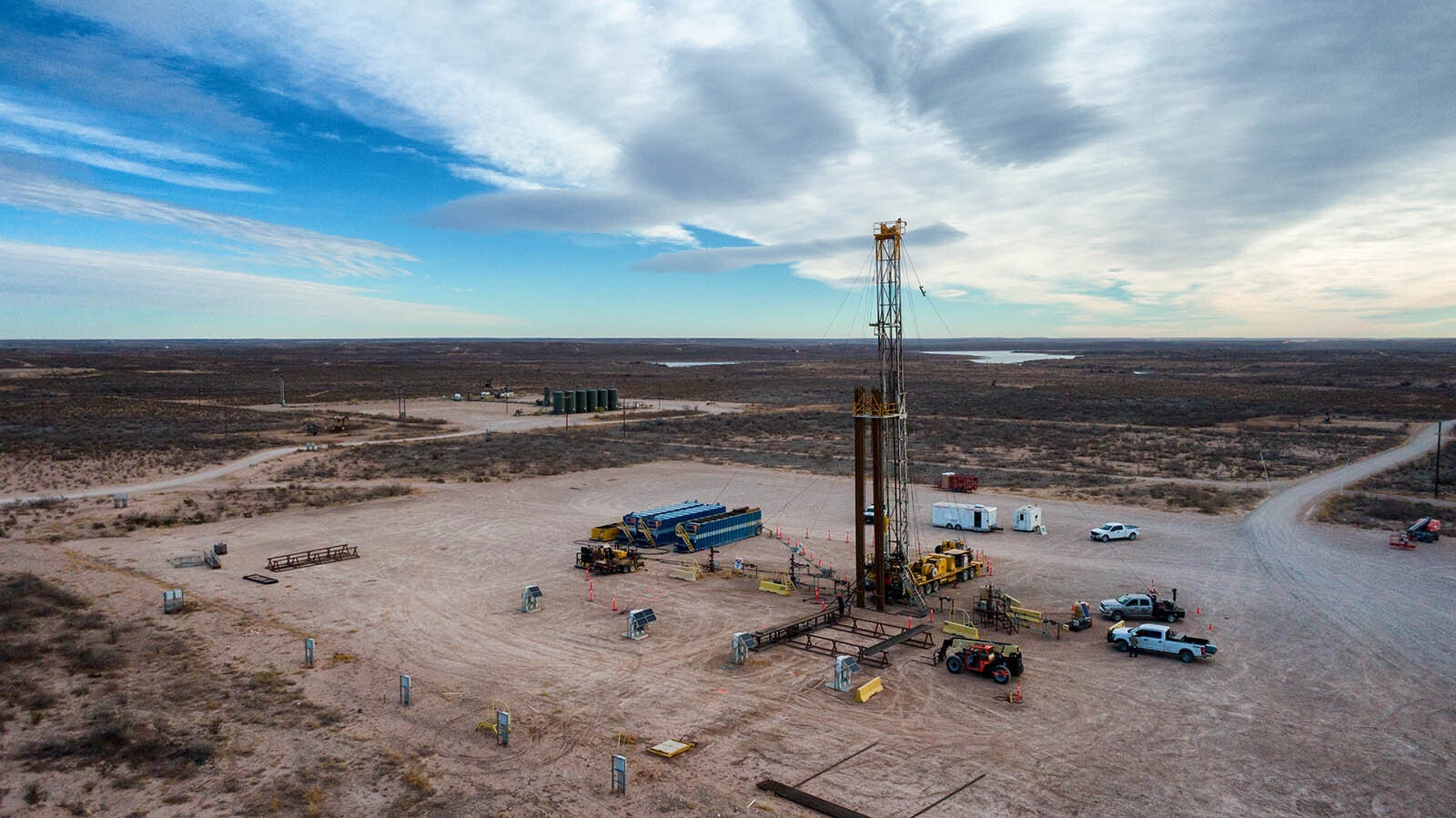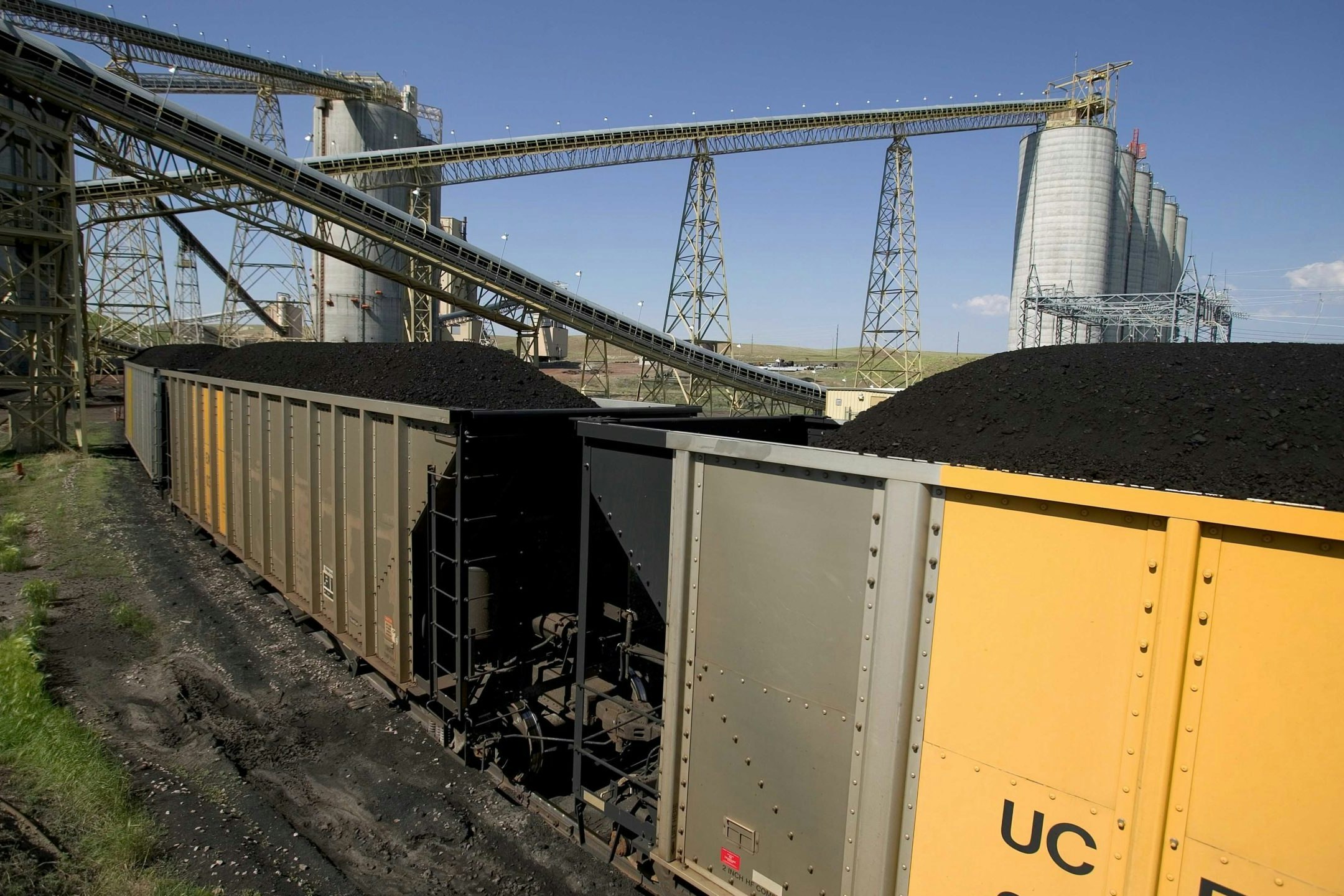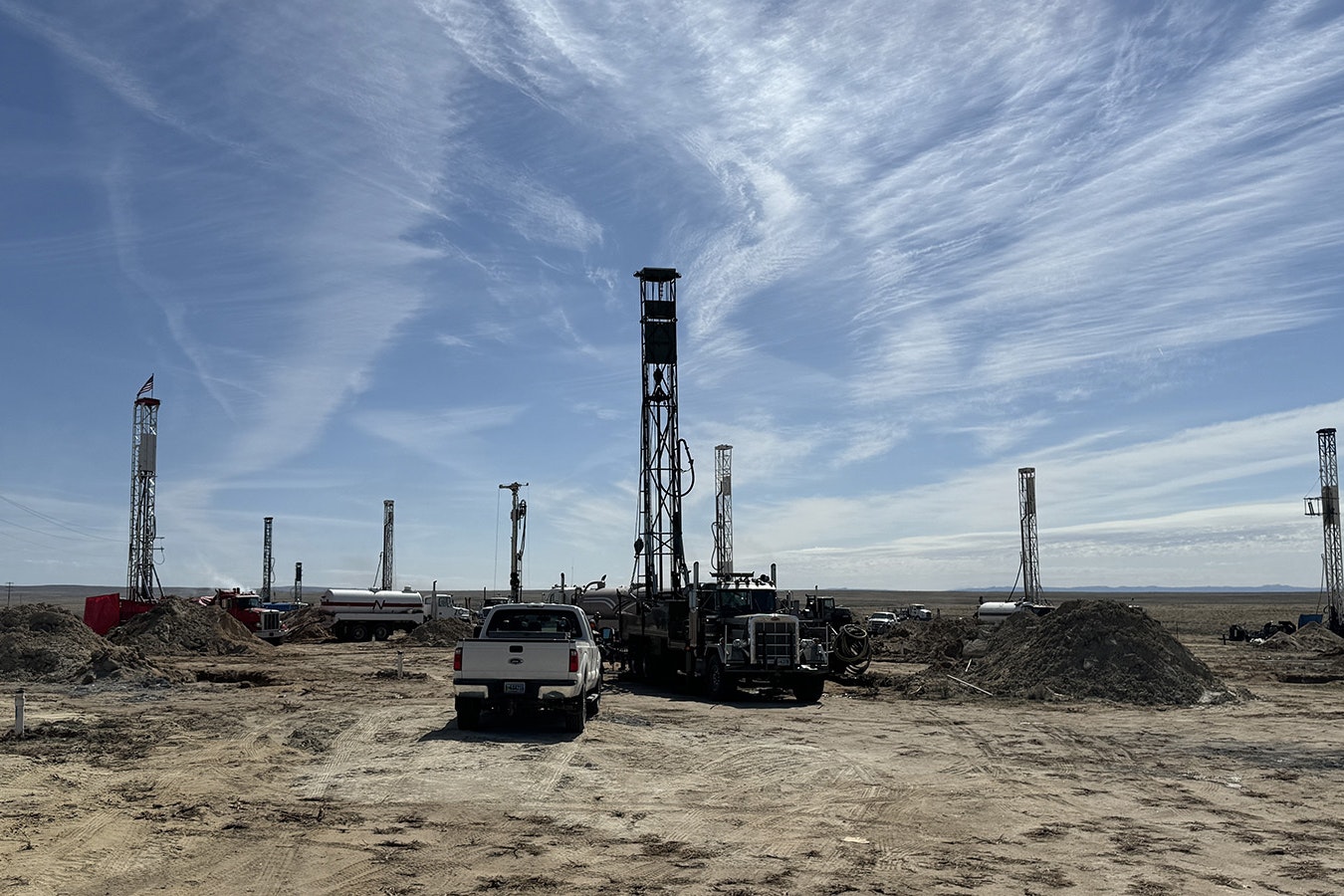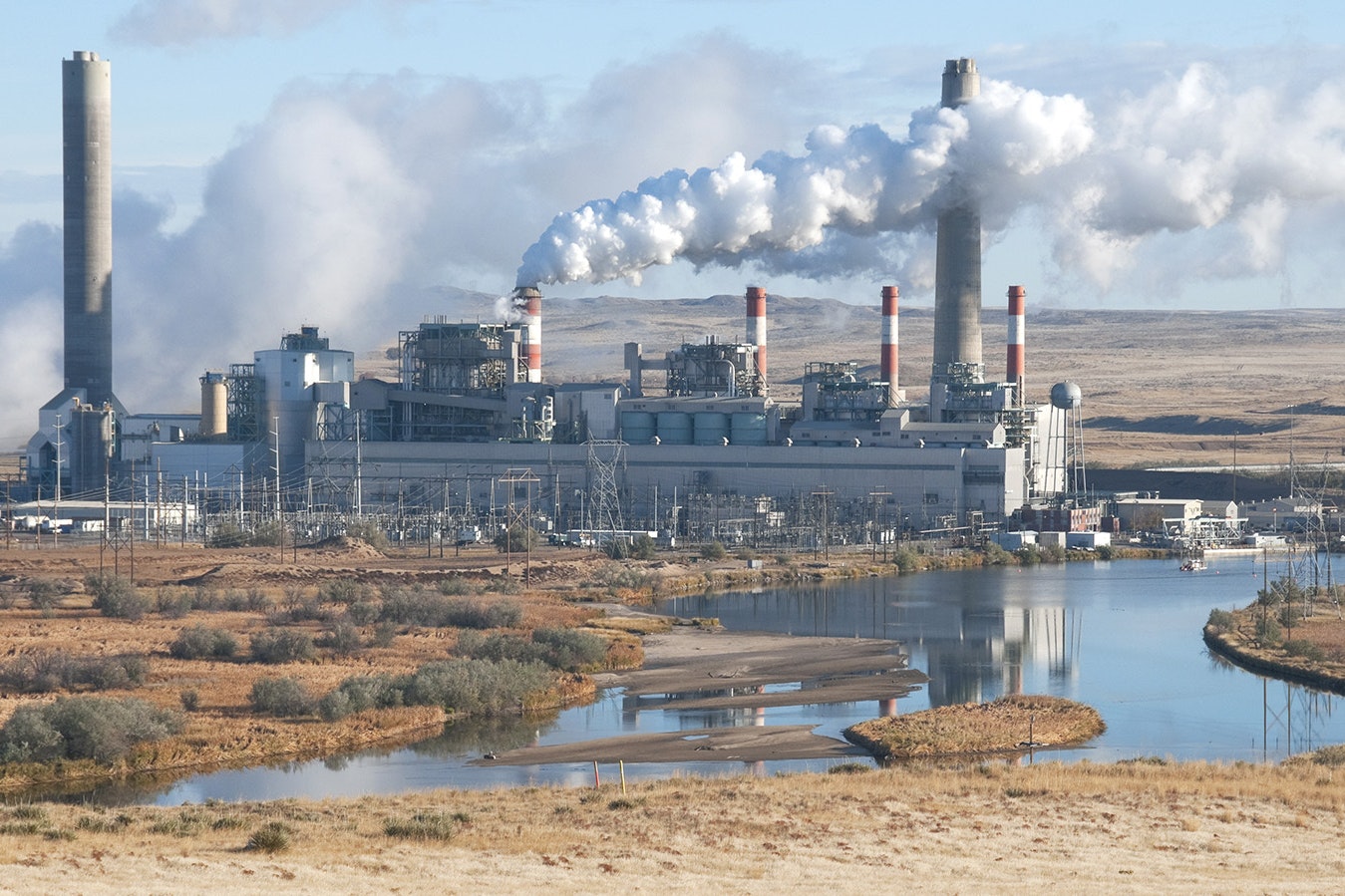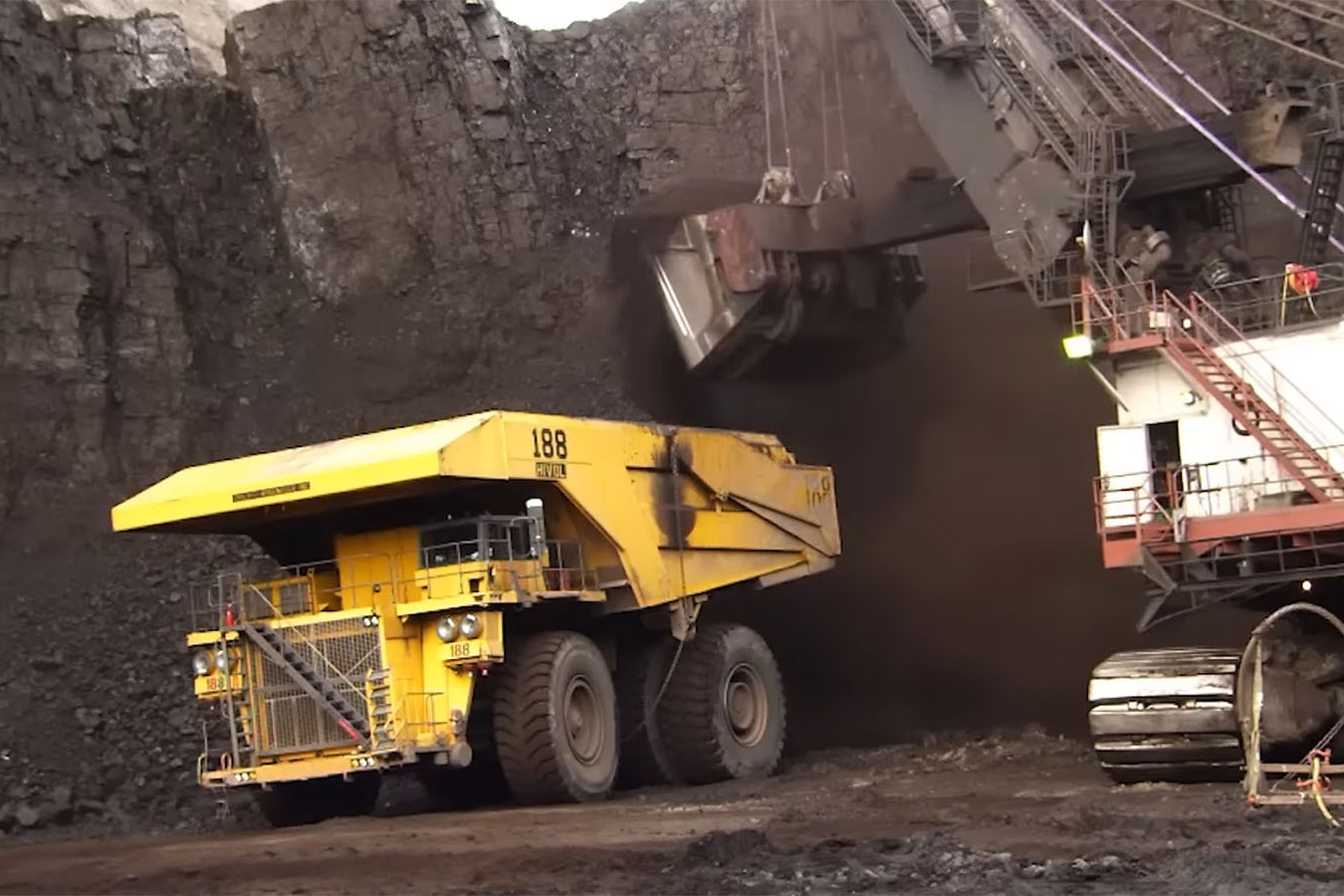Some small independent oil and gas companies may find it difficult to bid on energy leases after the U.S. Bureau of Land Management on Friday issued new rules on oil and gas development on public lands.
One major energy trade group is threatening to sue the government to overturn the rules because it may drive some of its small members out of business.
The independents say the BLM rules effectively make the process for bidding on leases more expensive because of the government’s misunderstanding of orphan wells and how many exist on public lands.
Orphaned wells are abandoned wells for which no owner can be determined. That number is fractional on public lands.
It’s a different story on private lands, where there are substantially more.
“It’s fair to say that this will stifle development across the board,” said Aaron Johnson, a spokesman with the Western Energy Alliance, a Denver-based trade group that represents small energy developers.
“It’s going to be onerous for small operators.”
In a statement, Alliance President Kathleen Sgamma said the BLM rule will drive small producers off public lands.
Priced Out Of Business
The Western Energy Alliance, which represents Wyoming and eight other energy-producing states, plans to litigate this rule.
The group’s big complaint is that these smaller operators may pay higher bonding amounts “beyond what the market will bear,” said Sgamma of the amounts BLM makes companies pay before energy extraction can begin.
A bond is collected from a company wanting to drill so that it can be held financially liable in restoration activities should the company walk away.
Sgamma said that the bonding amounts are excessive when there are just 37 orphan wells out of more than 90,000 wells on all federal lands.
“Increasing bonding amounts 20-fold to take care of a problem on a negligible number of wells is way out of proportion,” she said. “This is another rule by the Biden administration meant to deliver on the president's promise of no federal oil and natural gas.”
The total number of orphan wells in the United States is difficult to count.
Orphans
The Interstate Oil and Gas Compact Commission estimates as many as 800,000 wells, with the majority found in Colorado, Texas and Pennsylvania.
However, Wyoming has its fair share.
Tom Kropatsch, supervisor of the Wyoming Oil and Gas Conservation Commission, couldn’t immediately be reached for comment on how many remain in the state after an aggressive plan was put in place to cap them.
Since 2014, the Wyoming commission estimated 6,020 wells were orphaned, or drilled but abandoned without being plugged.
Many companies walked away from their wells when energy prices fell during this period, with some going bankrupt.
With funding from the federal Infrastructure Investment and Jobs Act, Wyoming’s commission has plugged all but a few hundred, according to figures published on the commission's website.
The BLM said that its rules were designed to strengthen accountability for oil and gas operations on public lands.The rule is BLM’s first update to the federal onshore oil and gas leasing program since 1988, and the first update to minimum bonding levels since 1960.
The rules also increase royalty rates in more than a century.
Delegation Slams It
U.S. Sens. John Barrasso and Cynthia Lummis also voiced their concerns with the new BLM rule.
Barrasso, ranking member of the Senate Committee on Energy and Natural Resources, said it “imposes higher fees and royalties, dramatically raises bonding requirements, and severely limits the number of parcels offered at lease sales.”
The Biden administration is making energy production on public lands a thing of the past, he said.
“As a candidate, Joe Biden recklessly threatened to end oil and natural gas production on federal lands. As president, he is doing all he can to make it economically impossible to produce energy on federal lands,” Barrasso said.
Lummis labeled the oil and gas leasing regulations as “onerous.”
“President Biden continues to wage war on domestic energy and has created untenable rules that make it nearly impossible to produce energy on federal lands,” Lummis said. "While this administration continues to eliminate American energy jobs and erode our energy independence, I will continue fighting for the West’s energy industry by cutting red tape to unleash American energy.”
She also expressed concerns over higher bonding payments imposed on energy producers.
"Its substantial increases to bonding for producers makes it even more difficult for small producers, a provision Republicans successfully removed from Democrats’ so-called Inflation Reduction Act,” Lummis said.
Pat Maio can be reached at pat@cowboystatedaily.com.

